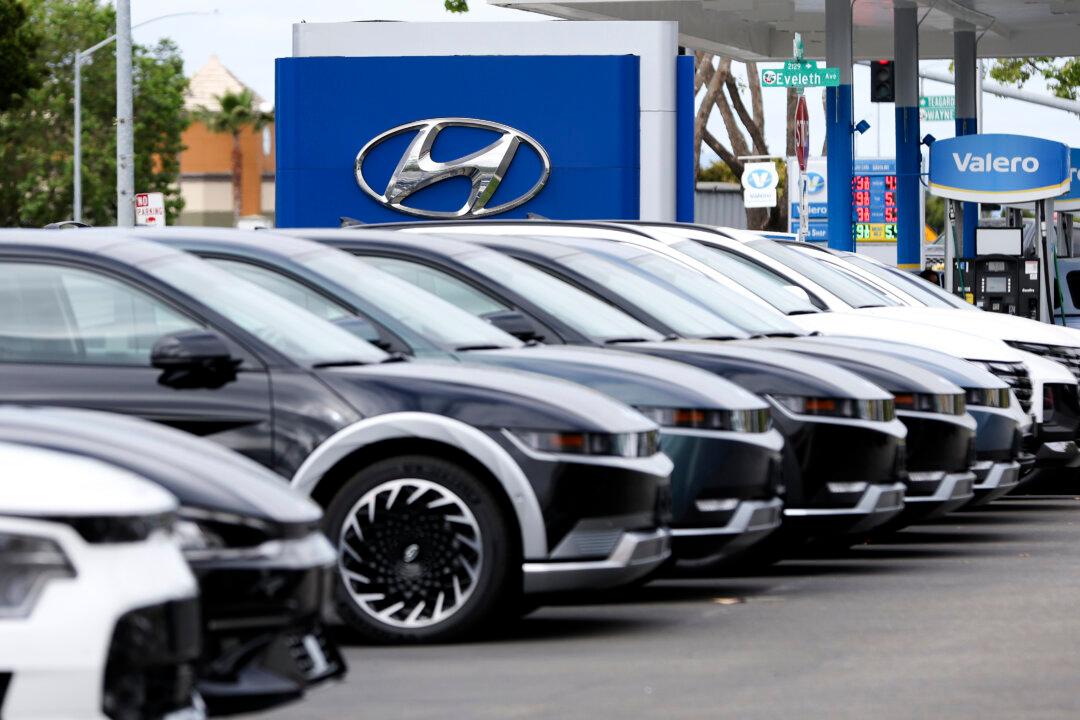U.S. car sale numbers for 2024 are expected to break previous years’ figures, with better buying conditions contributing to higher year-end sales momentum, according to automotive services company Cox Automotive.
U.S. new auto sales are expected to hit roughly 15.85 million units this year, up from 15.55 million in 2023, according to a Dec. 17 statement from the company. If the estimates turn out to be accurate, it would be the highest number of new vehicles sold in the country in a year since 2019. The fourth-quarter boost in sales is a result of factors such as falling interest rates and better consumer confidence, with the trend expected to continue well into next year. Cox expects new vehicle sales to jump to 16.3 million units in 2025.





